The mix tape starts off with an excerpt from The Spanish Suite. It is near forty-minutes covering both sides of a record by the same name. This piece was written by Cohran in dedication to Moorish Spain and their cosmos-oriented musical systems which was to enlighten Europe over the ages. The musicians in The Artistic Heritage Ensemble were taught to play outside of the twelve-tone equal temperament system of tuning. On all of these recordings you are listening to music with a foundation not like most.
Rhythm-based composition Africa which appears on Sun Ra & His Solar-Myth Arkestra’s The Nubians of Plutonia is featured here as an element in recognizing Sun Ra’s influence. Philip Cohran was living in Chicago in 1958 and was introduced to Sun Ra through his friendship with John Gilmore. He was made part of the Arkestra and spent a short but destined time under the leadership of Ra. These experiences under Sonny, the dedication, information, and energy that he radiated would become the key to Cohran’s self-actualization.
In the time spent as a member there was a single studio date that resulted in some thirty compositions recorded, being the bulk of what would appear on the albums Phil played on. That day was June 17th 1960, and the experience along with everything else laid down in that time before Sun Ra left Chicago became the albums Angels & Demons At Play, Interstellar Low Ways, We Travel The Spaceways, Fate In A Pleasant Mood, and Holiday For Soul Dance. He was credited as playing Trumpet but interest in stringed instruments and studies in music theory culminated with his invention of the Frankiphone, also known as the Space-Harp.
Zincali follows in the musical lineage of The Spanish Suite. A tribute to the gypsies of Spain, the rhythms of the star-gazers who called themselves Zincali. In reference to this song and The Spanish Suite, Cohran mentions the works of Gioseffo Zarlino, to whom this composition is dedicated. Zarlino was the musical director of St Mark’s Cathedral in Renaissance Venice and the study of his theories can also be heard in the music of composer Nino Rota. This song is featured on the 2012 album Kelan Philip Cohran & The Hypnotic Brass Ensemble. It is his most contemporary work and a testament of dedication to music education, community, and family, recording with 8 of his sons who perform together as The Hypnotic Brass Ensemble.
The Reverend Spencer Jackson’s voice warns us next of the war of wars, Armageddon, and though it may sound like the biblical type, the drums and screaming sound of the jazz to come…
And in to Music From The World Tomorrow, a song from Cohran’s yesterday in the Arkestra. Appearing on Angels & Demons At Play this song is musical Armageddon, sending us to the past but with a whole lot of technological advancement when the smoke clears. Hear the distinct sound of a plucked and bowed Zither, played by Cohran. This song is for sonic deconstruction, and the healing aspect of music is often just that, the ability to clear passages and bring down walls in the mind making room for new structures, ideas, formulas.
In presenting aspects of Philip Cohran’s contribution to music, Frankiphone Blues is probably the best way to experience his electrified kalimba. It seems to be the tuning fork of all his music, tones found and then developed through each instrument. This instrument when heard in performances around Chicago would inspire many musicians to discover the secrets of the kalimba, most predominantly would be Maurice White whose use of the instrument can be heard on many Earth Wind & Fire albums.
Unity is most peoples introduction to the Artistic Heritage Ensemble thanks to it being included on a few compilations over the years. Philip and the AHE were responsible for the music performance part of a multi-disciplined showcasing of the arts located in and around a boathouse in a park on the shores of Lake Michigan. This song and a few others from these gatherings make up the LP On The Beach. On a few re-issues of the original album, Frankiphone Blues and Unity Live 1968 (a longer version, with an accent on the guitar of Pete Cosey) are included.
Back to the Sun Ra days we have the sound of the Space Harp on Interplanetary Music (We Travel The Spaceways) and an original composition performed by the Arkestra Dorothy’s Dance (Holiday for Soul Dance). The mood of Dorothy’s Dance reminds us of something ‘traditional’ in contrast to the previous songs.
The Spencer Jackson Family song Ain’t Nobody Gonna Treat Us Like They Used To can be found on a 7-inch released by Philip Cohran on his own Zulu Records. It is gospel, it is soul, a destiny altering anthem for the individual. Motherhood follows as a theme for the mother and ‘a statement against the “Pill” and all the unjust pressures exercised on the beautiful Black Mothers’ (Quoted from On The Beach).
African Skies is a recording of Kelan Phil Cohran and his band Legacy in 1993 for the Adler Planetarium in Chicago. Cohran claims utmost dedication to the study of the stars and his pursuit of astronomy influenced his decision not to leave for Montreal with Sun Ra in the spring of 1961. White Nile is the song of the river, below as above. Kelan is a name bestowed on Cohran by Chinese Muslims during a visit to China. Its meaning is ‘holy scripture’ and his familiarity with the skies must be a main reason for this honorary title.
On the back of Armageddon, the information given to describe each piece tells the story of our existence on this planet, a version quite different than the one we have been told. Much changed when the atomic bomb was detonated. Life in the rest of the universe had to take notice and interfere in our newly found ways. Worldly affairs were a problem of the Earth, but atoms fall under Universal jurisdiction. The Window, an advanced nation comes to observe earth, they study the cities (population centers) and listen to the music for signs of enrichment. You will want to get a copy of this and have a read while listening… if the story does not sound familiar, be sure to read the genesis’ found in the books of the worlds religions and the origin tales of ancient cultures.
Black Beauty ends this tape. Hopefully its beauty motivates you to search for and listen to Kelan Phil Cohran. This music is mathematics, astronomy, ancient concepts, other ways, harmony, rhythm, and as many things as there are songs not included in this short introduction to an inspired soul.

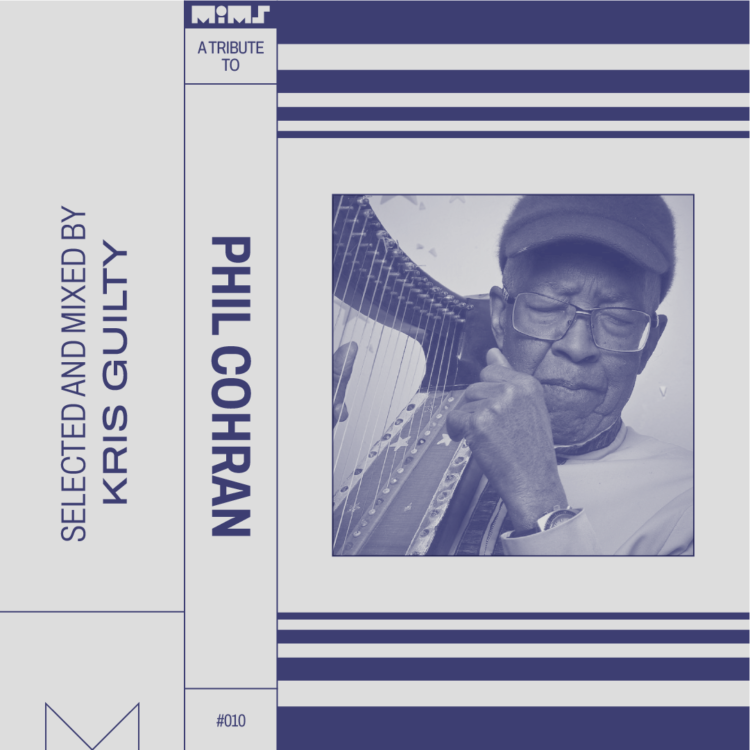
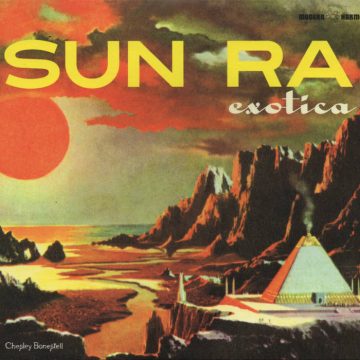
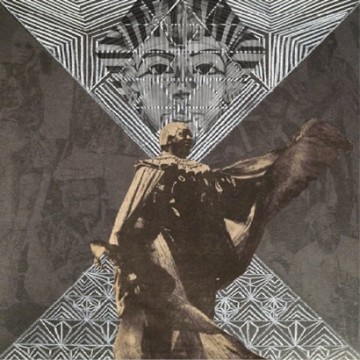
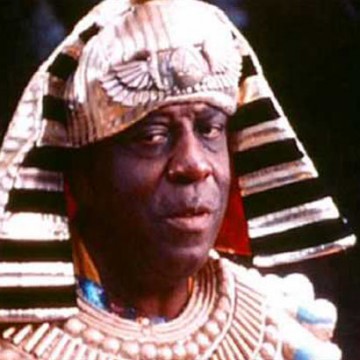
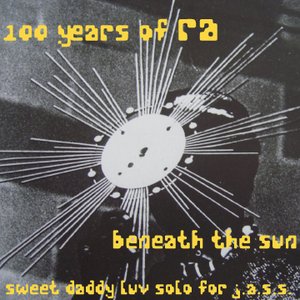
No Comment